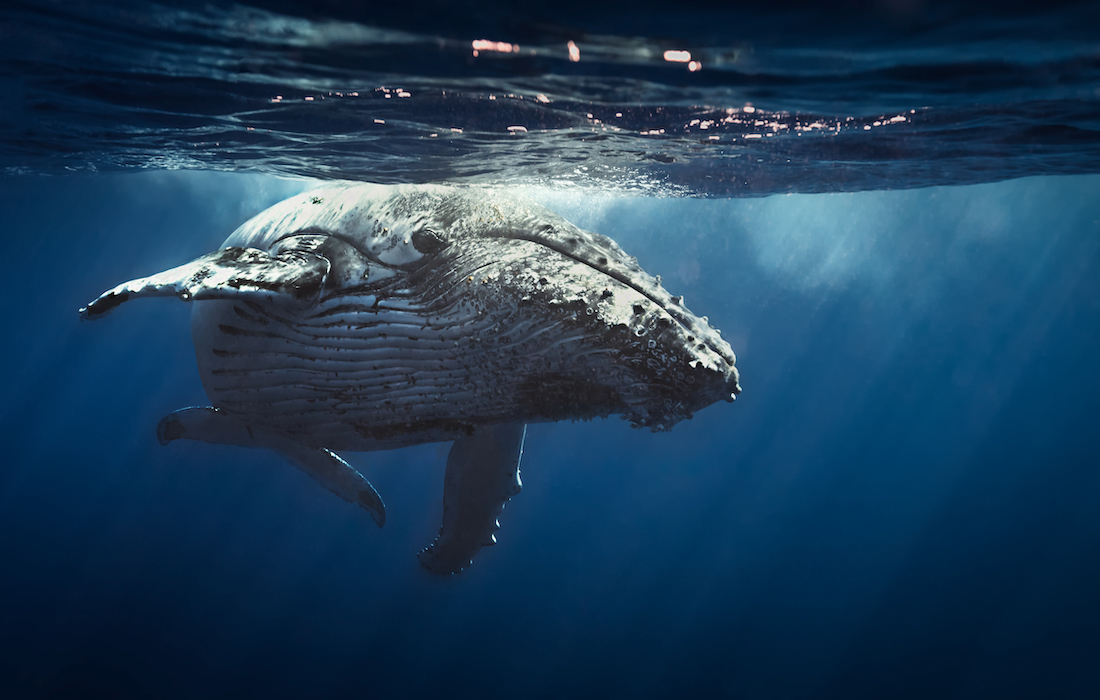Whales play a critical role in our marine ecosystems. They are vital to the health of ocean waters and the environment. This giant and majestic mammal helps to keep thousands of species alive and thriving. They are also the most intelligent of all the ocean’s inhabitants.
There are countless reasons that make whales vital to our world and many of these reasons may even surprise you. Here’s everything that you need to know about whales and important jobs they do to maintain our planet’s health.
Basics about whales
Whales are found in every ocean and are the largest of all the creatures living there. So how large are whales? Whales range in size from 600 pounds to even 200 tons. Offspring of whales are called calves and when they are born, they are around 25% of their mother’s size in length. Whales are born in a tail-first order in order to prevent drowning in the ocean.
Whales are divided into two categories i.e. toothed and untoothed whales. Toothed whales have teeth that hunt and eat squid, seals, as well as fish. Baleen whales are larger in size than toothed whales. Baleen whales feed through plates that strain the food, instead of teeth.

What researchers have found
Researchers have found that whale poop can actually reduce the amount of carbon in the atmosphere. Here’s how everything works! Nutrients in a single poop help to stimulate the growth of phytoplankton. Phytoplankton attracts carbon directly from the atmosphere. This, in turn, provides a better quality breathing air for the entire planet.
If a single whale does this big job, then multiple whales can do a lot more. Researchers have found that whale sperm accounts for as much as 400,000 tons of carbon extracted from the atmosphere, providing fresh breathing air.
A different side
This huge mammal has not always been a protected species. There were times when whales were poached and killed for soap, oil, clothing material, and transmission materials. Whales were on the verge of getting endangered.
Scientists even saw warming temperatures during the whaling era. The Killing of whales during the industrial revolution is believed to have contributed to global warming.








